Government, social partners sign MoU on Decent Work Country Programme

Leonard Ncube, Victoria Falls Reporter
GOVERNMENT and its social partners have signed a memorandum of Understanding on the Decent Work Country Programme (DWCP) to address critical labour issues among them the creation of sustainable job opportunities which is fundamental to the realisation of Vision 2030.
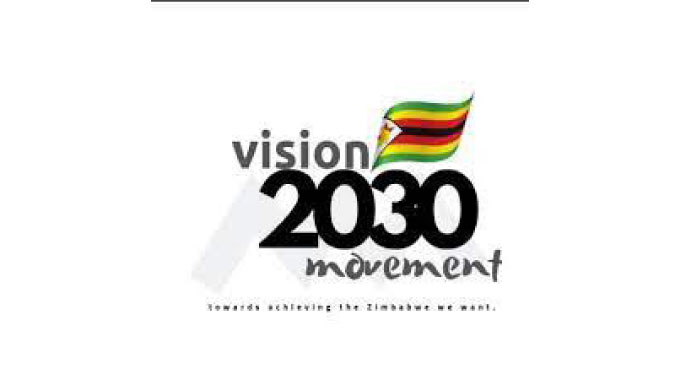
Vision 2030
Public Service, Labour and Social Welfare Minister Professor Paul Mavima signed the MoU with the International Labour Organisation (ILO), Zimbabwe Congress of Trade Unions (ZCTU) and Employers Confederation of Zimbabwe (Emcoz) in Victoria Falls yesterday.
The signing ceremony preceded a high-level labour migration dialogue for Southern Africa which is expected to attract more than 40 ministers of labour and employment, Home Affairs and Foreign Affairs from the region which starts today.
President Mnangagwa is expected to officiate tomorrow.
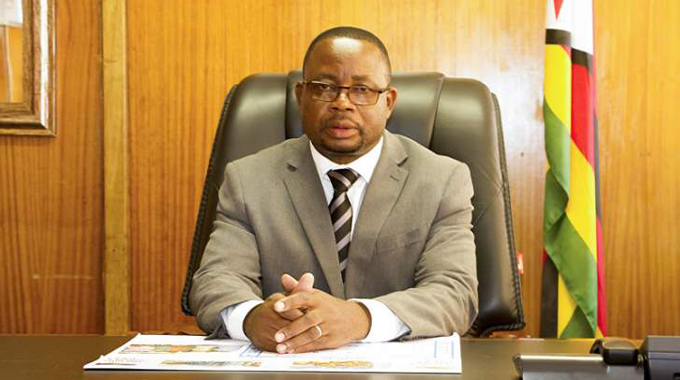
Minister Professor Paul Mavima
About US$15 million is required for the programme tenure running from 2022 to 2026 and so far, US$3 million has been mobilised from the African Development Bank and European Union.
DWCP is hinged on three pillars of sustainable and productive employment creation, social dialogue that meets international labour standards and protection of workers especially addressing occupational safety and health and minimum wage.
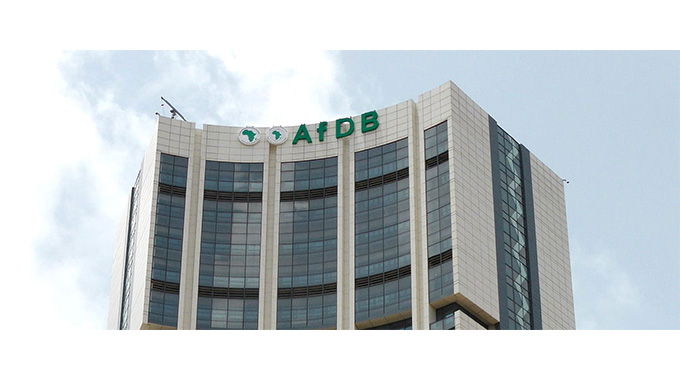
African Development Bank’s
Zimbabwe was among the first few countries to have DWCP in 2005 and the current programme is a 4th generation of the initiative facilitated by ILO and guided by the Government and its social partners on the tripartite negotiating forum (TNF).
This could have been implemented in 2017 but was delayed due to a number of issues including alignment to the National Development Strategy 1 (NDS1) and United Nations cooperating framework and Sustainable Development Goals.
A DWCP generation is four years long.
Speaking at the signing ceremony, Professor Paul Mavima said there is commitment from Government to have a strong social dialogue towards one common goal.
“The Decent Work Country Programme is not only about employment creation but also making sure that whatever employment we are creating is worthwhile and meeting standards for things like occupational health and decency in terms of remuneration.

National Development Strategy 1 (NDS1)
“It’s fundamentally the building block towards economic growth and revival of this country and when we talk of protection we are also talking of equitable distribution of income. So, you are bringing everyone up, which is inclusive growth as espoused in Vision 2030.
“So, we are saying how do we achieve this decent work and provide solutions to our economic problems as a country and make sure that we enter into economic recovery? Decent work in actual fact is the fundamental factor in the attainment of Vision 2030. Without decent work we can’t talk of vision 2030 ultimately,” said Prof Mavima.
He said there is commitment on the part of the Government to fund the TNF, with plans to have an independent secretariat for it at an advanced stage.
TNF was being funded through the department of labour in the Ministry of Public Service and now it will be funded as a separate entity.
Prof Mavima said funding will be dedicated directly to the DWCP.
He said Treasury had also allocated finances in the 2023 national budget for employment creation, support for start-ups and strategising for formalising the informal economy among other priorities.

He said DWCP will create confidence among citizens and enhance stability in the economy.
The outgoing director of ILO country office for Zimbabwe and Namibia Ms Hopolang Phororo said the signing of the MoU is a reflection and demonstration of ownership by social partners.
She said it will address differences, look at collective resource mobilisation to cover deficits on the required US$15 million.
“This is the ratification of a strong tripartite partnership, strengthening social contract and labour protection,” she said.
ZCTU president Ms Florence Taruvinga said going forwards, labour will lobby as a collective, a diversion from previous engagements where each constituency worked separately.

“There used to be a time in point where each organisation represented its own issues but we have passed that stage. We now represent issues of organised labour because the constituency is one and there is no need for dividing each other when representing our issues,” she said.
Emcoz president Mr Demos Mbauya said there is a need for a comprehensive social contract, adding that it is the responsibility of all social partners to create a conducive environment for the employer and create stability in the economy. — @ncubeleon


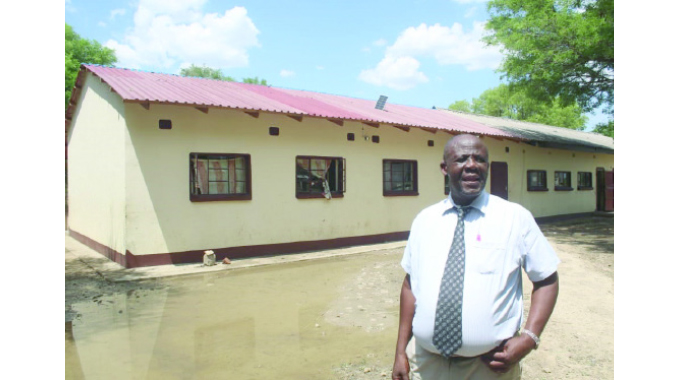

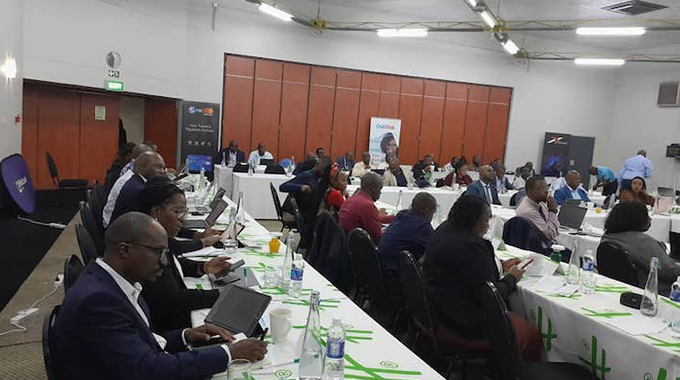
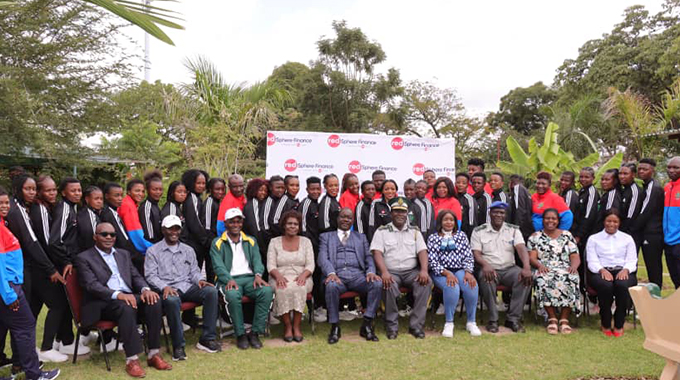






Comments